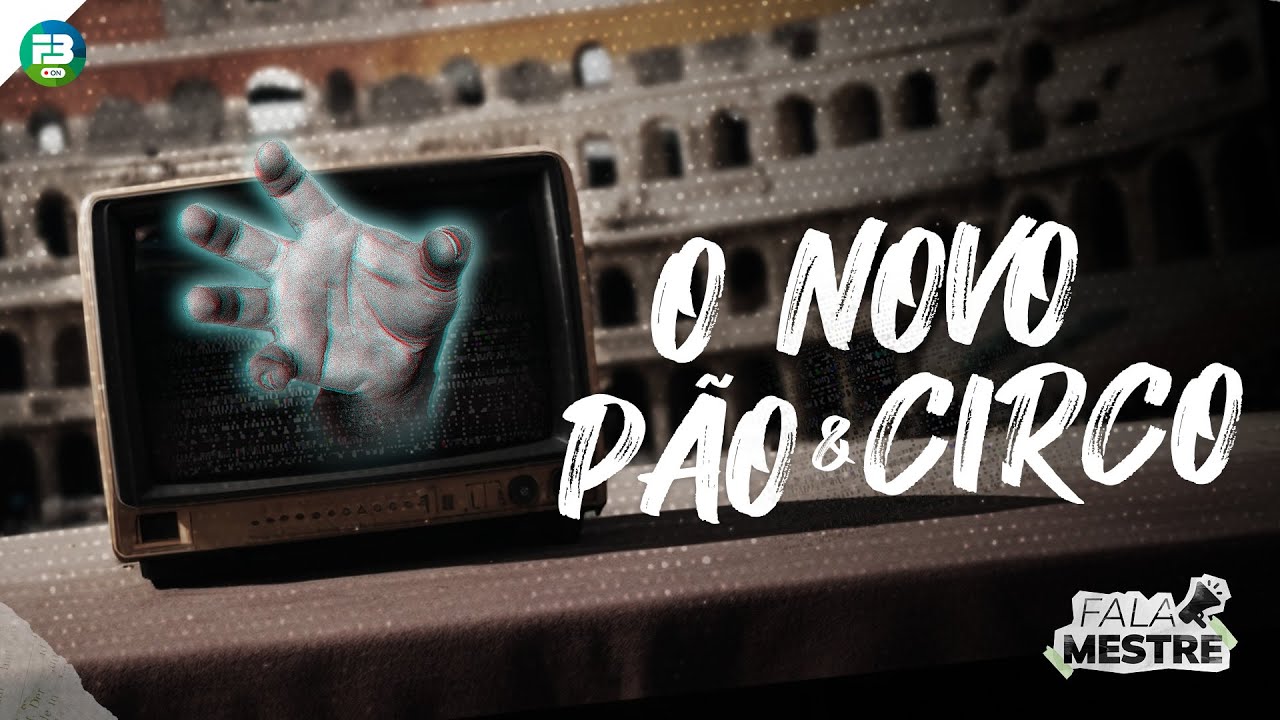TikTok DESTROYED Hobbies
Summary
TLDRThis video script explores the evolving nature of hobbies in today's society, highlighting how side hustle culture, social media, and consumerism have distorted their essence. The creator reflects on how hobbies, once a source of joy and relaxation, have been commodified, leading to burnout, comparison culture, and pressure to monetize. Despite this, there's hope in the growing resistance against joyless consumerism. The message encourages people to reclaim simple, non-commercial hobbies, reminding us that hobbies should be about enjoyment, not validation or profit.
Takeaways
- 😀 Hobbies are being increasingly monetized, with side hustle culture pushing people to turn their passions into profit-making ventures.
- 😀 The rise of social media, especially platforms like TikTok, has created a culture of comparison, where people's enjoyment of hobbies is often tied to external validation (likes, views, followers).
- 😀 Many people are now focused on buying items related to hobbies (like books or collectibles) rather than actually engaging in the hobby itself, which leads to overconsumption and waste.
- 😀 Overconsumption in hobbies is turning enjoyment into a cycle of buying more products rather than focusing on the experience of doing the hobby.
- 😀 Hobbies used to be a space for personal joy, relaxation, and growth without external pressure. Now, they are often treated as performances or content creation opportunities.
- 😀 Anxiety about being 'bad' at hobbies is a significant barrier for many, especially as social media amplifies the fear of failure and comparison to others who appear to be 'perfect.'
- 😀 The pressure to be perfect in hobbies leads to burnout, where the joy of doing something just for fun is lost in the pursuit of social approval or monetary gain.
- 😀 The number of people with side hustles has significantly increased, but the trend of monetizing hobbies might lead to the loss of genuine passion for those activities.
- 😀 Social media algorithms often prioritize extreme or 'crazy' content that generates high engagement, which distorts people's perceptions of what is 'normal' and acceptable within hobbies.
- 😀 There's a shift toward valuing hobbies that don’t require excessive supplies or the need to impress others—emphasizing simplicity, enjoyment, and doing things just for fun.
- 😀 Despite the challenges, there is a growing movement of people rejecting joyless consumerism and focusing on reclaiming the true joy and satisfaction that hobbies can provide.
Q & A
What is the central argument of the script regarding modern hobby culture?
-The script argues that hobbies are being distorted and diminished due to overconsumption, side-hustle culture, and social-media-driven pressures, which shift hobbies from sources of joy and relaxation into performances, monetizable tasks, or excessive buying habits.
How does the creator describe the impact of side-hustle culture on hobbies?
-Side-hustle culture pushes people to monetize their interests, which often turns hobbies into jobs. This introduces external pressure, reduces intrinsic motivation, and can remove the original joy, peace, and relaxation the hobby once provided.
What role does social media play in changing how people approach hobbies?
-Social media ties hobbies to metrics like likes, views, and validation. This transforms hobbies into performances, amplifies comparison, encourages extreme or excessive content, and makes people feel their interests are only worthwhile if they can impress an audience.
Why does the script claim overconsumption is harming hobbies?
-Overconsumption shifts the focus from doing a hobby to buying products related to it. This creates waste, encourages unnecessary spending, and replaces sustainable joy from practice with short-term dopamine from purchasing.
How does the creator distinguish between genuine collecting and overconsumption?
-The creator suggests that intention and curation separate collecting from overconsumption. Collecting involves purposeful choices, while overconsumption is primarily about buying more without meaningful use or thoughtful selection.
What issues arise from trying to monetize or create content from a hobby?
-Monetizing a hobby can turn it into an obligation, introduce stress, reduce enjoyment, and create burnout. Content creation adds an additional layer of performance anxiety and expectation to consistently achieve high engagement.
How does comparison culture contribute to the decline of hobbies?
-Comparison culture, amplified by social media, leads people to measure their progress against highly skilled creators or extreme examples. This discourages beginners, promotes perfectionism, and makes people uncomfortable with being bad at something.
What does the script say about perfectionism and anxiety related to hobbies?
-It explains that people fear being bad at hobbies because imperfections are publicly visible online. This anxiety is fueled by algorithms that highlight only the best work, making people feel inadequate unless they achieve perfection immediately.
What positive trend does the creator observe toward the end of the script?
-The creator sees a pushback against joyless consumerism. More people are rediscovering simple, low-pressure hobbies that don’t require buying excessive supplies or posting online, embracing activities done purely for enjoyment.
What solution does the script propose for reclaiming the joy of hobbies?
-The script suggests choosing one hobby to do purely for fun—without filming, posting, monetizing, or trying to be perfect. Embracing being bad at it and engaging for personal enjoyment helps restore the original purpose of hobbies.
What broader consequences does the script highlight if hobbies disappear from people’s lives?
-Without hobbies, people lose sources of stress relief, flow states, creativity, community, and identity outside of work. Life becomes centered around productivity and external validation, leading to reduced well-being.
Outlines

此内容仅限付费用户访问。 请升级后访问。
立即升级Mindmap

此内容仅限付费用户访问。 请升级后访问。
立即升级Keywords

此内容仅限付费用户访问。 请升级后访问。
立即升级Highlights

此内容仅限付费用户访问。 请升级后访问。
立即升级Transcripts

此内容仅限付费用户访问。 请升级后访问。
立即升级浏览更多相关视频

How the 7 Deadly Sins Manifest in Today's World

Richard Hamilton, "Just What Is It That Makes Today’s Homes So Different, So Appealing?" Areli C.

Guy Debord e a Sociedade do Espetáculo - Teoria da Comunicação II

A Sociedade do Espetáculo: Entenda como você é Enganado Todos os Dias

The grindification of hobbies

Identitas Budaya
5.0 / 5 (0 votes)
